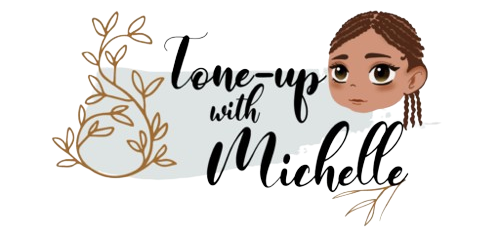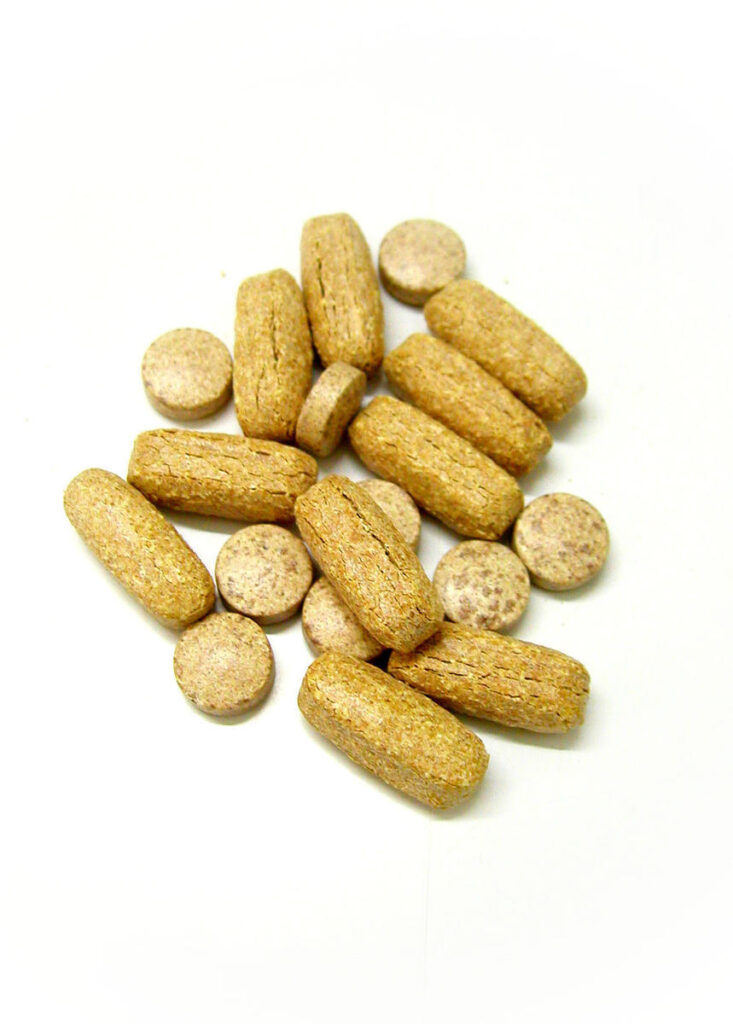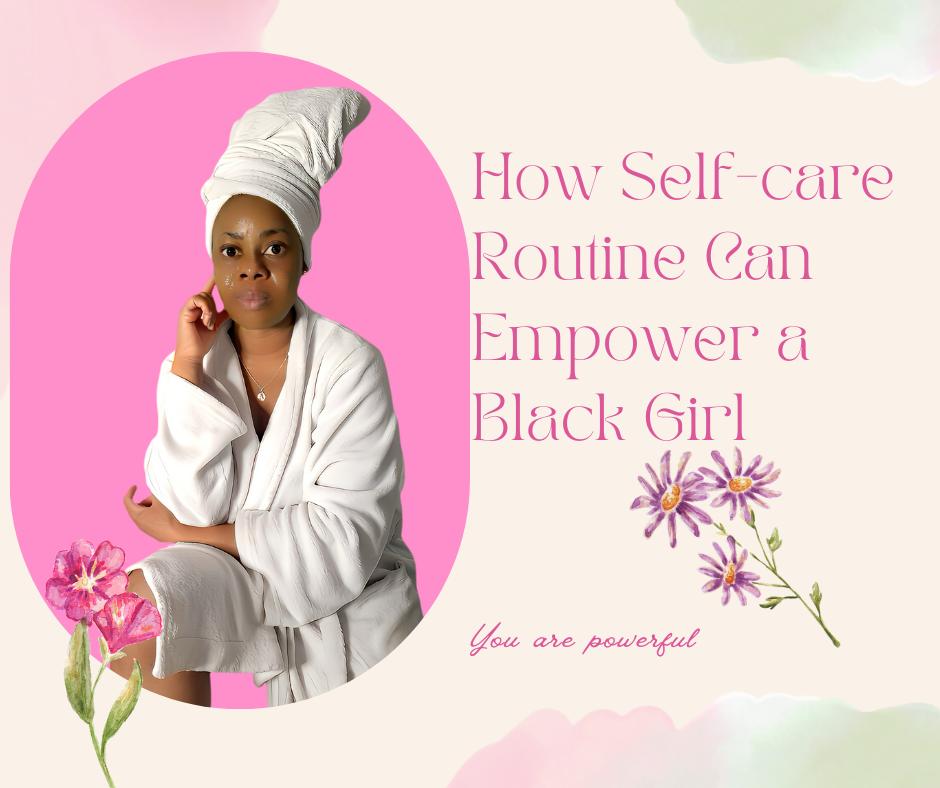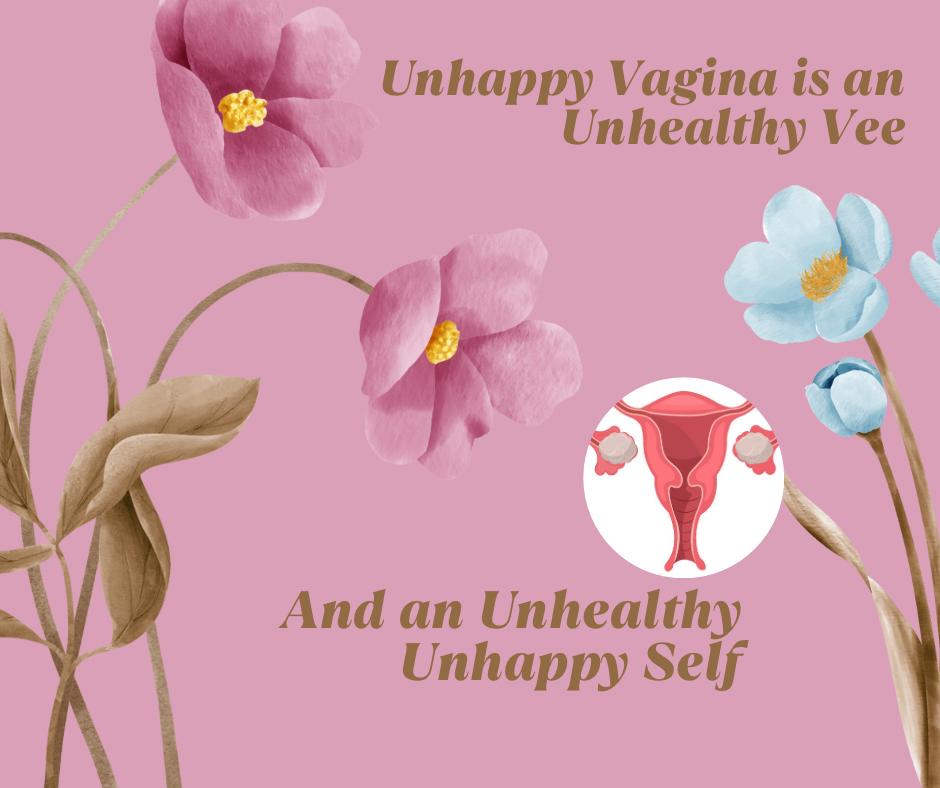We all know that the key to optimal health lies in the things that we eat and how much we consume. A diet with lots of veggies, fruits, whole grains, and healthy fats is all we need. Busy lifestyles and other factors have made it impossible for us to get all of our nutrients from the food that we eat. So, we need to take supplements to get our nutrients.
Supplements have been supported not only by professionals like Dr. Andrew Huberman but also by scientific studies. Dr Andrew Hubermann is a world-renowned Professor of Biology. His podcast is my go-to source for scientifically proven information on health issues. He has spoken extensively about supplements and how they can improve people’s health. One of his podcasts on fertility and how men and women can improve their fertility caught my attention. Here, I will give you an insight into his choices of supplements that can improve fertility, egg health, and overall wellness.
From his podcast, here are Tips and Supplements that can have effects on Fertility health and how much you can take from them.
L-Carnitine
L-carnitine is a natural substance produced by our bodies. It helps our bodies turn fat into energy, which is important for our hearts and brains, as well as our muscles and many other processes in our bodies.
Carnitine might play a role in sperm maturation, sperm motility, and spermatogenesis. It might also reduce oxidative stress, which could improve oocyte growth and maturation. L-carnitine supplements improve chromosomal arrangements, sperm motility, and egg morphology. Studies have shown the importance of this supplement. You can naturally get them from beef, chicken, cheese, and asparagus. You can also get them as supplements. Dosage Recommendation – 3 grams per day, taken in capsule form.
Coenzyme Q10, or CoQ10
Coenzyme Q10 is a wonderful antioxidant that helps cells generate energy. Unfortunately, levels of CoQ10 tend to decrease as we age. But don’t worry! Taking CoQ10 supplements can help increase blood and tissue CoQ10 levels. And the best part is that CoQ10 supplementation has been shown to improve egg quality, sperm quality, and pregnancy rates. So, if you’re looking to improve your fertility, Coenzyme Q10 is a great supplement to try! You can easily check your CoQ10 levels in your blood. Ideally, they should be between 0.5 and 2.5.
Tongkat Ali
Tongkat ali is a plant that has been used for centuries in traditional medicine. It may have potential benefits for fertility due to its impact on hormone balance. It may be able to increase libido and muscle strength, improve erectile function and fertility, and reduce stress. Recommended dosage – 200 – 400 milligrams per day, taken early in the day with or without food.
Shilajit
Shilajit isn’t just for men. It can also help women stay healthy and happy. It can help with overall health and well-being. Shilajit is believed to help with hormonal balance, which may help to relieve symptoms of conditions like polycystic ovary syndrome (PCOS) and menopause. Shilajit can also help to improve egg and sperm quality, as well as libido. Shilajit can help to boost your testosterone and follicle-stimulating hormone levels!
Allicin
Have you ever wondered what allicin is? Well, it’s found in garlic, but you can also find it in capsule supplements. This study revealed that garlic compounds such as allicin and ajoene can help to regulate various aspects of the female reproductive system, including the menstrual cycle, hormonal balance, fertility, and reproductive disorders. The recommended dosage is 600 milligrams of garlic extract per day.
Zinc
Zinc is a good mineral that is great for egg health. It is a vital component in several conserved processes that regulate female germ cell growth, fertility, and pregnancy. During follicle development, a sufficient intracellular concentration of zinc in the oocyte is essential for maintaining meiotic arrest at prophase I until the germ cell is ready to undergo maturation.
Omega 3 Fatty Acids
Omega-3 fatty acids are great for your heart health, but they also have a lot to offer when it comes to your fertility and reproductive health. They regulate your hormones, which is important for ovulation. They increase blood flow to the uterus. They reduce inflammation in the body. You can either supplement your omega-3 fatty acids or get them naturally from foods like salmon, seaweed, chia seeds, flax seeds, and hemp seeds.
Inositol
Myo-inositol is another excellent supplement that is highly recommended for individuals wishing to improve egg and sperm quality due to its positive impact on insulin sensitivity. It also controls hormones connected with ovulation. Myo-inositol increases your chances of conception by reducing anti-Mullerian hormone (AMH) levels.
Vitamin D
Vitamin D levels have been shown to play a role in fertility, with evidence suggesting that they can even affect the outcomes of in vitro fertilization (IVF). Furthermore, studies have demonstrated that fertility and IVF indicators are improved by vitamin D, not only in healthy women but also in those diagnosed with PCOS. Some research has indicated that women with a level greater than 30 ng/mL had higher live birth rates than women with lower vitamin D levels.
Regular Exercise
In women, increased physical activity and a reduction in sedentary behavior may enhance fertility by maintaining body weight and hormone levels conducive to increased conception. Physical activity may influence the alteration of key semen parameters, including concentration, motility, and morphology. Conversely, high levels of physical activity may inhibit ovulation, resulting in decreased fertility.
While supplements may play a role in improving fertility in certain cases, their effectiveness can vary significantly depending on the underlying causes of infertility and individual factors. While some studies have shown promising results, further research is needed to fully understand the effectiveness of these supplements in improving fertility. Additionally, supplements should not be used as a substitute for a healthy diet, medical evaluation, and treatment of underlying fertility issues. If you’re experiencing difficulty conceiving, you should consult your doctor for an individualized treatment plan.
Sources
https://ods.od.nih.gov/factsheets/Carnitine-HealthProfessional/
https://botanicalinstitute.org/tongkat-ali-for-women/
https://pubmed.ncbi.nlm.nih.gov/31989705/
https://pubmed.ncbi.nlm.nih.gov/33598687/



